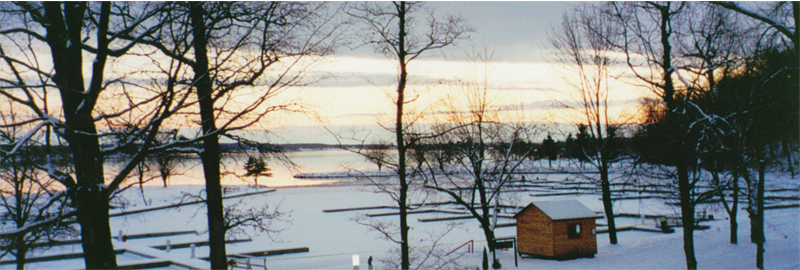The Lost History of Stars by Dave Boling
“Sunsets that bled in layers across the horizon were God’s reminder that only he could brighten such a desolate pit with infinite beauty.”
The words of 14-year-old Afrikaner, Lettie Ventner, as the deprivations in one of the filthy, disease-ridden concentration camps set-up by the British in South Africa during the Boer War took its toll. While her father, grandfather, and older brother, were away on commando, Lettie, her mother, and younger siblings, had watched their family farm razed to the ground and their animals slaughtered by the British.
Inspired by the author’s grandfather’s experience as a British soldier in the Anglo-Boer War, the story documents little-known atrocities in which the death toll was high in a relatively short war (1899-1902). 3,500 Afrikaner farmer-soldiers lost their lives but, in the concentration camps, over 26,000 women and children died. And for what? British control of vast gold and diamond deposits in the Boer republics of the Orange Free State and Transvaal.
The story moves back and forth between the stark reality of life in an internment camp and Lettie’s previous peaceful existence on the farm. Slipping out of the cramped tent at night, she looks for things that are bigger than the camp, finding solace in her memories of stargazing with her grandfather.
During daytime wanderings in the camp, a tentative friendship develops between Lettie and Tommy Maples, a young disillusioned British camp guard. Maples gives her a copy of ‘David Copperfield,’ which Lettie reads avidly under her sometimes sodden blanket in the tent. Starving, she accepts a gift of a single potato from Maples, burning pages of the precious book in order to cook the potato, which was shared by six people. “I tore the pages out quickly, and I thought of the meal as a present from little David, a brave little boy. He was British, but the war had not been his fault.”
After the death of her four-year-old sister, Cecelia, Lettie grows weaker. “Time seemed thicker now, as if it had weight … like wading against a current or walking uphill …”
After the Boers surrender Lettie and her family return to their farm and begin to rebuild their lives. Watching her Tante Hannah unpick part of her ‘honeymoon’ stitchery, showing her imaginary life, and stitch a new and simpler scene over the top, Lettie sees that the pattern of the old stitch marks showed in a shadowy outline. A simple scene, but evocative of much of their lives. In Lettie’s words it was: “… only when everything was taken away that you got to see what was at your core. If you held on to that you went on. If not the collapse was complete.”
As compelling and heart-wrenching as some of the prose is, the reader never gets to feel deep down what Lettie feels. Maybe, this is how victims of atrocities cope, escaping to imaginary places, trying to hang on.
Nonetheless, it is a story that should be told … and read.

Leave a Reply